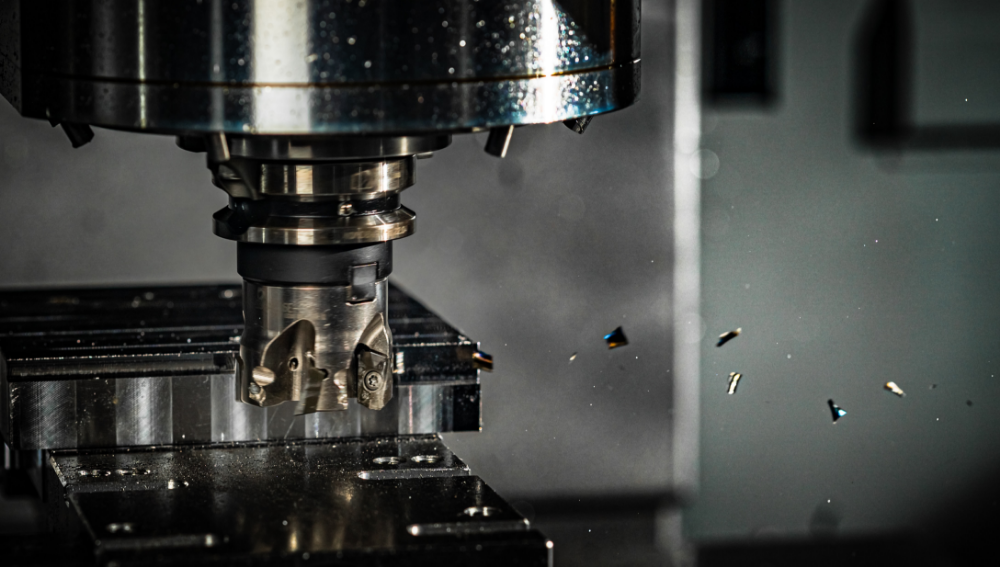CNC Machines Unveiled: Complete Guide to Precision Manufacturing Technology
Quick Key Insights: CNC Machining at a Glance |
|
|---|---|
| Average Machine Cost | $20,000 - $250,000+ |
| Manufacturing Precision | As precise as ±0.005 mm |
| Market Growth | 5-7% Annually |
Introduction to CNC Lathes and Milling Machines
Computer Numerical Control (CNC) machines are revolutionary technologies transforming modern manufacturing. At iPower Machinery, we understand these incredible machines represent the pinnacle of precision engineering.
Understanding CNC Technology: Lathes vs. Milling Machines
While both machines are precision powerhouses, they have distinct characteristics and applications:
CNC Lathes: Rotation Specialists
- Primary Function: Rotate workpieces against stationary cutting tools
- Best Applications: Creating cylindrical components like shafts and precision rings
- Typical Industries: Automotive, aerospace, and precision engineering
CNC Milling Machines: Shape-Cutting Champions
- Primary Function: Move cutting tools across stationary workpieces
- Best Applications: Producing complex geometric shapes and intricate designs
- Typical Industries: Medical devices, electronics, and prototype development
Key Components of CNC Lathes
- Chuck: Secure workpiece holding mechanism
- Spindle: Provides precise rotational movement
- Turret: Multi-tool housing for rapid tool changes
Explore Our CNC Lathe Specifications
Key Components of CNC Milling Machines
- Robust Frame: Ensures stability during high-precision operations
- Control Unit: Machine's computational brain
- Advanced Tooling System: Enables complex machining capabilities
Comparison of CNC Lathes vs. CNC Milling Machines
| Feature | CNC Lathe | CNC Milling Machine |
|---|---|---|
| Primary Motion | Workpiece Rotation | Tool Movement |
| Typical Precision | ±0.01 mm | ±0.005 mm |
| Best Suited For | Cylindrical Parts | Complex Geometric Shapes |
Applications of CNC Lathes
CNC lathes excel in industries requiring precise cylindrical components, including automotive manufacturing, aerospace engineering, and medical device production.
Applications of CNC Milling Machines
These machines are crucial in creating complex parts for industries like electronics, aerospace prototyping, and precision mechanical engineering.
Programming for CNC Lathes and Mills
G-code serves as the critical programming language, translating design specifications into precise machine movements. Understanding this language is key to successful CNC machining.
Recent Trends in CNC Technology
Emerging trends include AI-driven automation, IoT integration, and enhanced machine learning capabilities that continuously improve manufacturing precision.
Cost Analysis: CNC Lathes vs. Milling Machines
Investments range from $20,000 to $250,000, depending on complexity. Consider long-term efficiency and production capabilities when evaluating machine costs.
Future of CNC Machining
The future promises even more advanced technologies, including:
- Enhanced AI integration
- More energy-efficient machines
- Increased automation capabilities
External Resources for Further Learning
Ready to Transform Your Manufacturing Process?
Take the Next Step with iPower Machinery!
Our expert team is ready to help you navigate the world of CNC machining. Whether you need precise lathes, advanced milling machines, or expert consultation, we're your trusted partner in precision manufacturing.
- Pre:Complete Guide to Brass Fasten 2024/11/22
- Next:What is SPM? 2016/1/4


